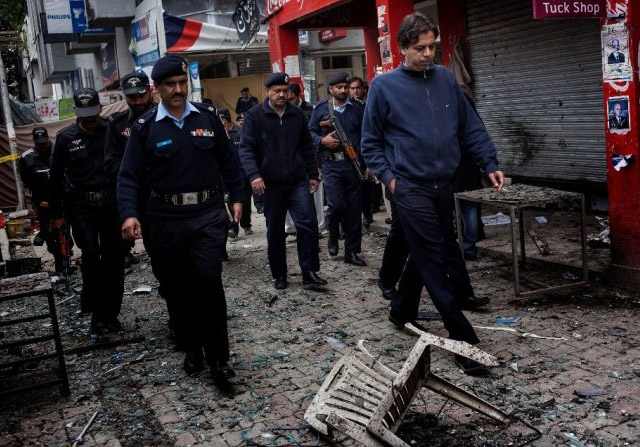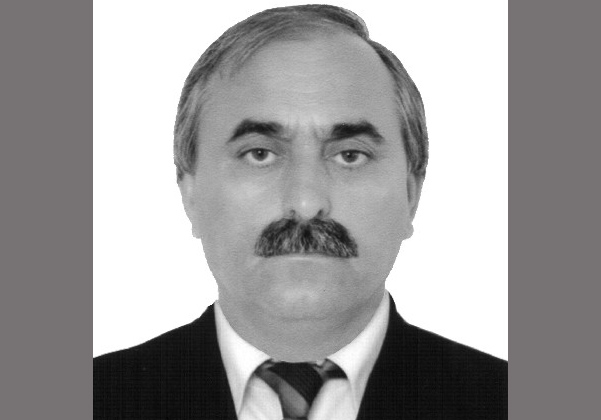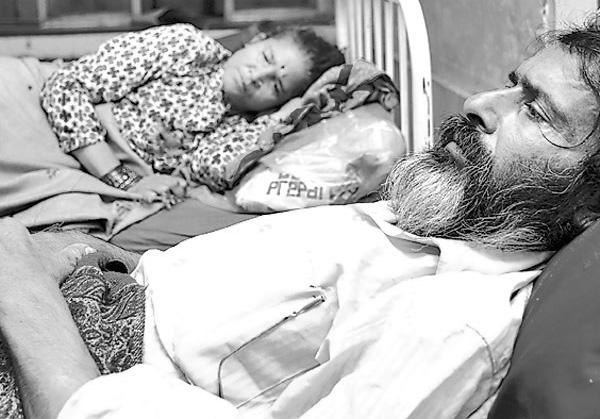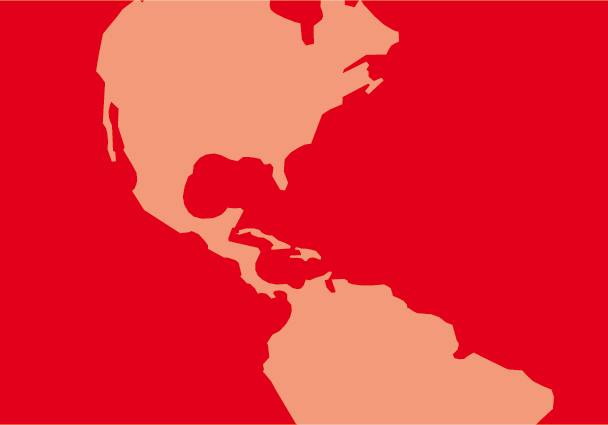
Attack on Charlie Hebdo an assault on freedom of expression
The ICJ deplores today’s murderous attack against journalists and others by armed assailants at the offices of the weekly satirical magazine Charlie Hebdo.

The ICJ deplores today’s murderous attack against journalists and others by armed assailants at the offices of the weekly satirical magazine Charlie Hebdo.

The shooting and bombing at an Islamabad Court today should be condemned as a presumed attack against the judicial officials and the independence of the judiciary in Pakistan, says the ICJ.
The attack resulted in the killing of Additional Sessions Judge Rafaqat Ahmad Khan Awan and at least ten other persons, including several lawyers.
According to reports, armed gunmen forced their way into a court complex in Islamabad, openly firing on judges and lawyers before at least two of the men blew themselves up inside the court complex.
One of the attackers detonated himself outside the door of a judge’s office, while the other targeted the office of the Lawyers’ Union President.
Another gunmen entered Judge Rafaqat Awan’s courtroom, where he shot and killed him.
“An intentional killing of a member of the judiciary can be seen as nothing other than an attack against the independence and impartiality of the judiciary as a whole,” said Sam Zarifi, ICJ Asia Pacific Regional Director.
“In addition to personal tragedy that has befallen the slain victims and their families, this attack and those like it are devastating for the people of Pakistan,” he added. “Courthouses, which should be places where justice is administered, are instead becoming slaughterhouses.”
This is the third armed attack against members of the judiciary in Pakistan in under a year. In March 2013, a judicial compound was attacked in Peshawar, killing four people.
In June 2013, a Sindh High Court judge’s convoy was attacked in Karachi, killing nine people.
As set out in the UN Principles on the Independence of the Judiciary, Pakistan must take steps to protect and ensure the safety of members of the judiciary from threats and violence from any quarter for any reason.
The Beijing Statement of Principles on the Independence of the Judiciary in the LAWASIA region further elaborates that the executive branch must at all times ensure the security and physical protection of judges and their families.
As a State party to the International Covenant on Civil and Political Rights, Pakistan is under a general obligation to ensure the safety of all persons within its territory at all times.
“If judges are under constant fear of violence from insurgent groups, they cannot function as an independent and impartial judiciary – an indispensible requirement for preserving rule of law and democracy,” Zarifi said.
The ICJ calls on the Government of Pakistan to take steps to immediately investigate and bring to justice those persons responsible for the armed attack on the Courthouse.
Contact:
Sam Zarifi, ICJ Asia-Pacific Regional Director, (Bangkok), t:+66(0) 807819002; email: sam.zarifi(a)icj.org
Reema Omer, ICJ Legal Advisor, Pakistan (London), t: +447889565691; email: reema.omer(a)icj.org
Photo credit: MYRA IQBAL

The ICJ today expressed grave concern over the shooting of a Supreme Court judge of Dagestan and his son.
The ICJ calls on the federal and local authorities to ensure prompt, independent, impartial and thorough investigation of the shooting of Judge Mukhtar Shapiyev (photo) and his son.
Those reasonably suspected of responsibility for this crime should be identified and brought to justice in fair and transparent proceedings, where the rights of all the parties, including the victims and the accused are respected.
The ICJ recalls that Mukhtar Shapiyev is the third judge to be killed in Dagestan this year.
On 15 January, Magomed Magomedov, a Supreme Court judge of Dagestan, was shot and died as a result of the attack and, on 9 March, federal judge Akhmed Radzhabov, was shot to death near his house.
“When judges’ security is not guaranteed, and when they face a real and constant risk to their lives, the justice system and the very rule of law are undermined,” Temur Shakirov, Legal Adviser of the ICJ Europe Programme, said. “The UN Basic Principles on the Independence of the Judiciary clarify that it is the obligation of the State to ensure that those who are entrusted with the power to take judicial decisions are effectively protected.”
Reports indicate that Mukhtar Shapiyev and his son, Kamil Shapiyev, were shot at by at least two persons near their home in the capital Makhachkala at about 20:45 on Wednesday 25 September. Both victims later died in hospital.
Judge Shapiyev previously worked as the Prosecutor of one of the districts in Dagestan. In January 2012, he was appointed as a Supreme Court judge of Dagestan and worked in the collegium on civil cases.
Urgent measures, which the ICJ calls for to guarantee that the security of judges in Dagestan is effectively protected, include ensuring effective security against attempts on their lives and lives of their family members.
CONTACTS
Róisín Pillay, Director, ICJ Europe Programme, roisin.pillay(a)icj.org
Temur Shakirov, Legal Adviser, ICJ Europe Programme, temur.shakirov(a)icj.org
Russia-Judge killed in Dagestan-news-web story-2013-rus (full text in pdf)

The ICJ is highly concerned by the deteriorating health of Nanda Prasad and Gangamaya Adhikari who are on hunger strike, protesting the failure of the state to investigate and prosecute the 2004 killing of their son Krishna by Maoist insurgents.
Ben Schonveld, the South Asia Director of ICJ said: ” Mr and Mrs Adhikari are just one of thousands of families in Nepal who are asking for something very simple: justice. They are not looking for more commitments or words. They are asking the State of Nepal to obey its own laws and investigate and punish very serious crimes (committed by both sides to the conflict) that violate international human rights law; laws that Nepal has repeatedly committed itself to uphold.”
Contact:
Ben Schonveld, South Asia Director, t: +977 9804596661; email: ben.schonveld(a)icj.org
Photo by eKantipur.com

También la CIJ solicita audiencia temática a la comisión interamericana de derechos humanos.
La CIJ condenó los ataques que se han venido dando en contra de defensores de derechos humanos en Guatemala.
Por tal razón, conjuntamente con organizaciones sociales y campesinas como el Comité de Unidad Campesina (CUC), Asociación para la Promoción y el Desarrollo de la Comunidad (CEIBA), WAQIB´KEJ y otras organizaciones sociales de Guatemala, solicitaron a la Comisión Interamericana de Derechos Humanos una audiencia temática sobre el fenómeno de la criminalización de la protesta social el pasado viernes.
El objeto de la misma es, además de proporcionar información sobre el fenómeno de la criminalización de la protesta social, identificar patrones de represión en contra de líderes sociales en Guatemala.
Según la CIJ, este fenómeno es un claro retroceso del proceso democrático de Guatemala.
En efecto, se han identificado patrones de represión estatal, utilizando el derecho penal para reprimir las libertades de pensamiento, expresión y reunión de sus actores.
En este contexto, la CIJ nota con preocupación varios patrones de ataque en contra de defensores y defensoras de Derechos Humanos de Guatemala, que preocupan profundamente y que se expresan en detenciones ilegales, campañas de difamación y acusaciones falsas, ataques directos que han quitado la vida a cuatro periodistas en los últimos meses y falta de investigación pronta y eficiente, que identifique quien está detrás de estos hechos y si hay presencia de estructuras criminales organizadas que cometen estos crímenes para evitar la defensa de los derechos de los Pueblos Indígenas y de sus territorios.
Ramón Cadena, Director de la CIJ para Centroamérica expresó: “Pedimos a las autoridades del Sistema de Justicia que investiguen estos ataques. La impunidad de estos hechos sigue siendo alarmante. Por esta razón, la Organización de las Naciones Unidas debería nombrar cuanto antes al futuro representante de la Comisión Internacional contra la Impunidad (CICIG), quien debería ser un Fiscal con experiencia para continuar la lucha en contra de cuerpos ilegales y aparatos clandestinos de seguridad.”